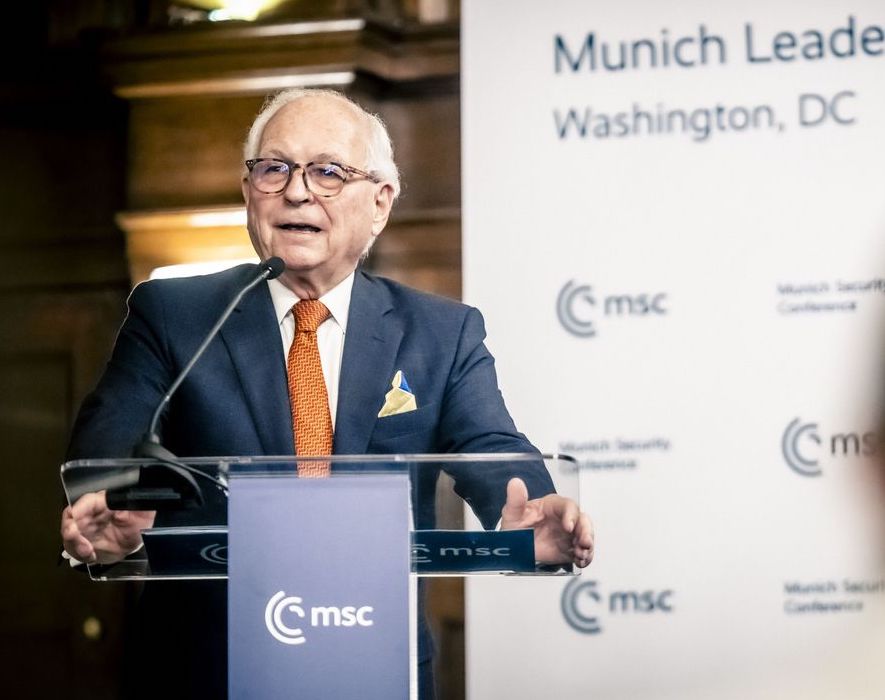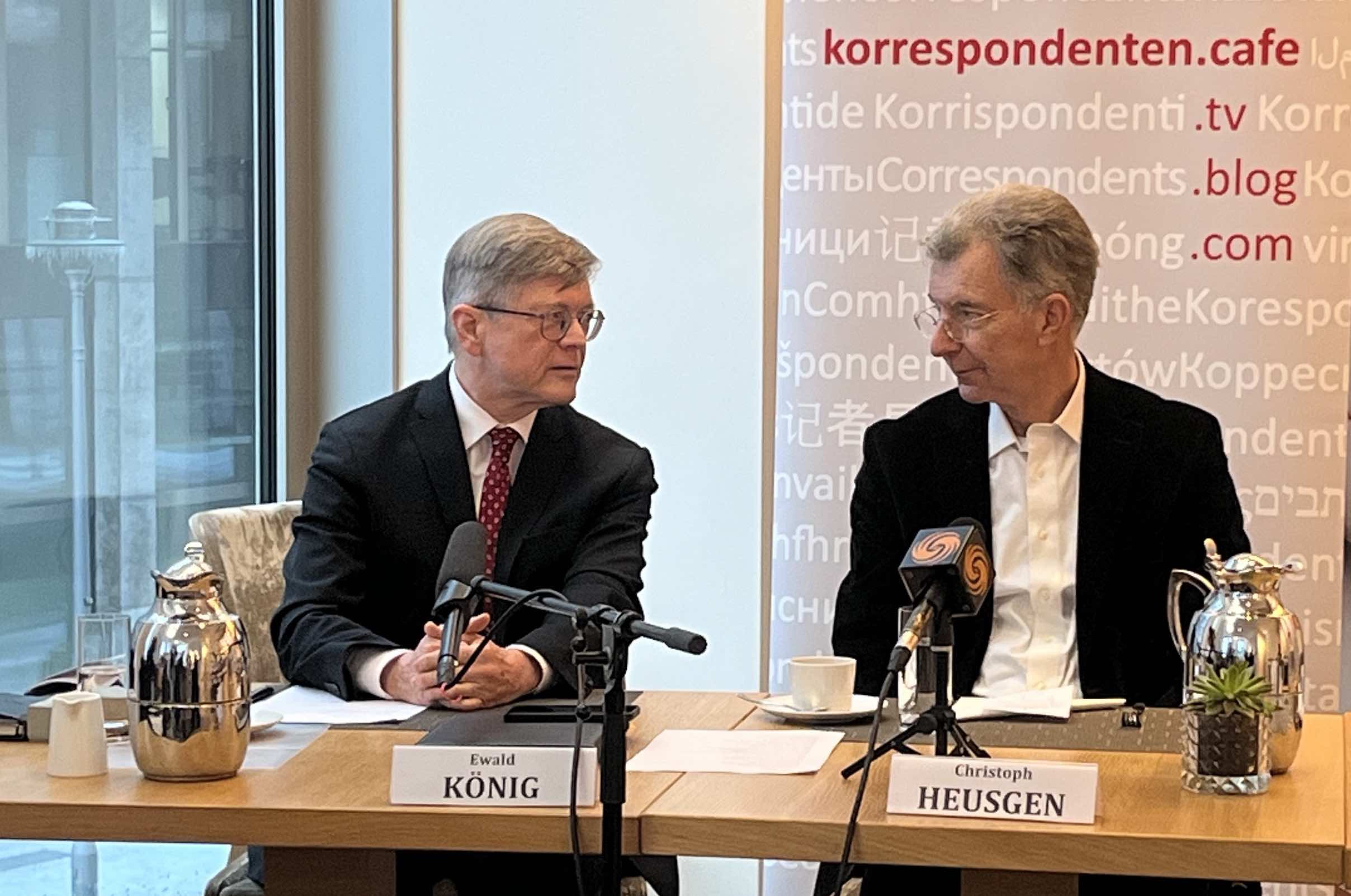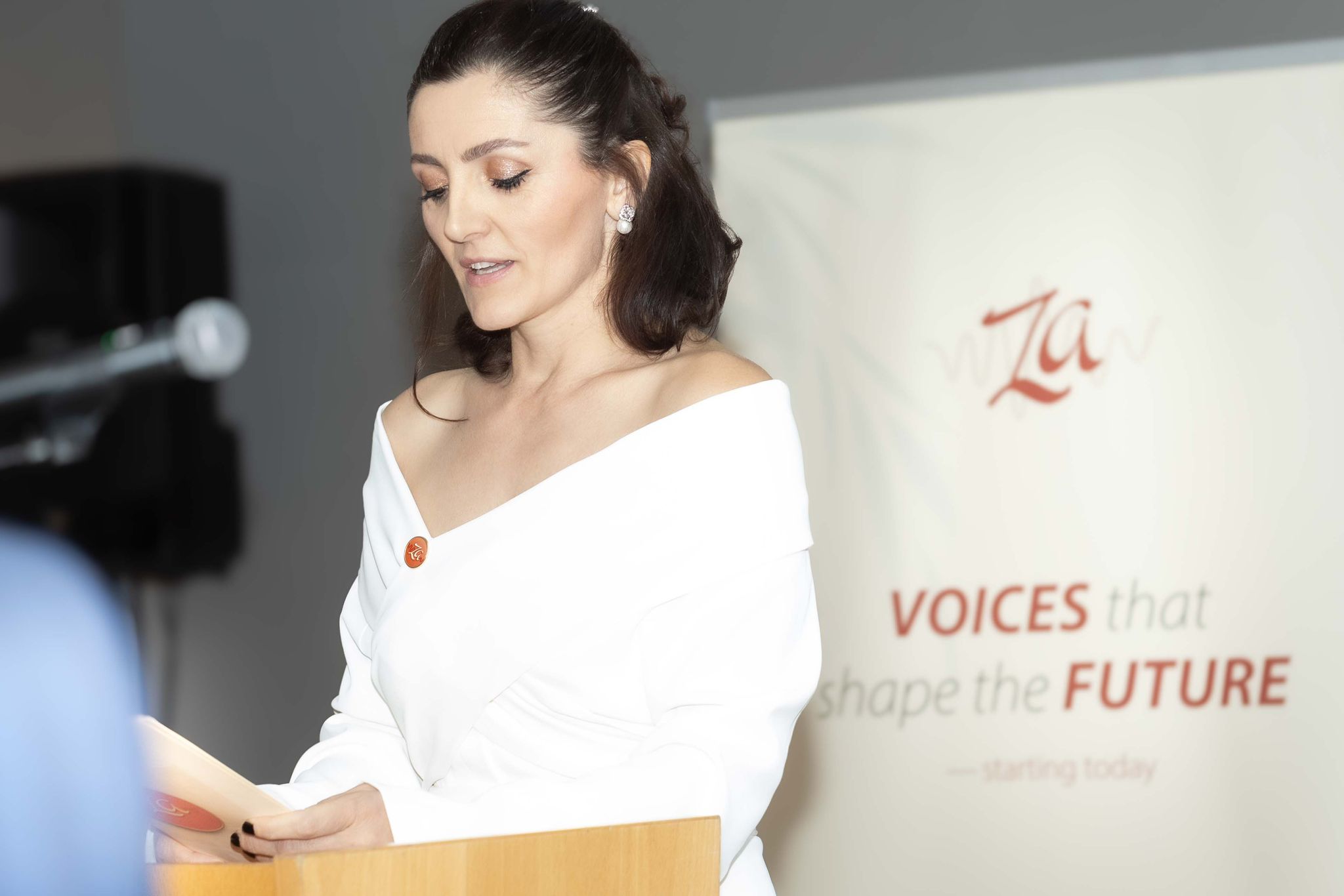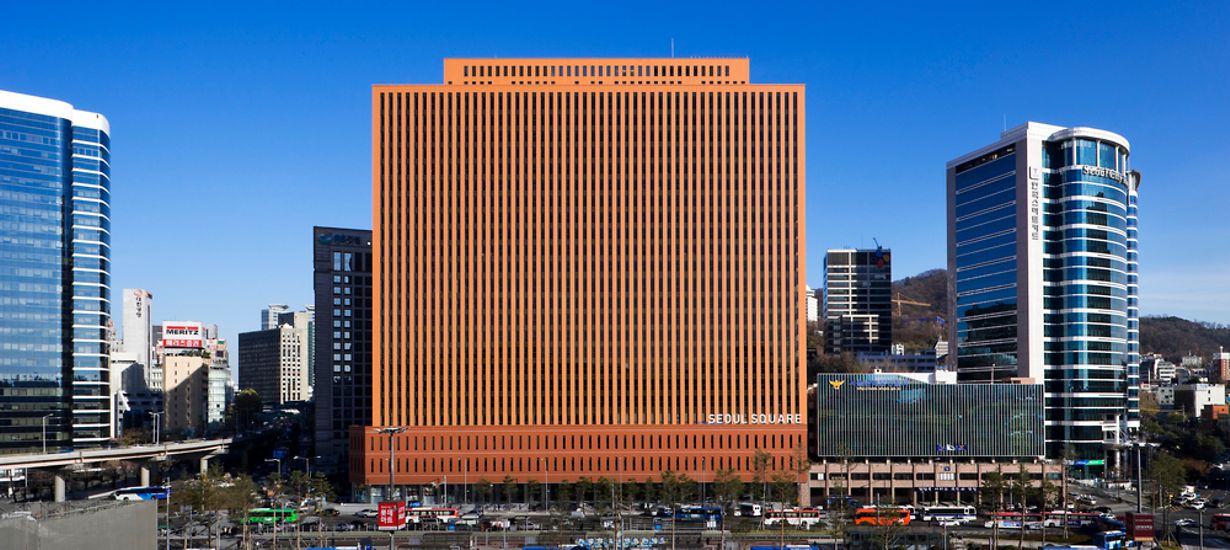diplo.news
Fighting locusts with bombs
Exclusive interview by Gudrun Dometeit

Russian drones entered Polish airspace this week, and a small part of them was shot down by Polish air defense. Poland's Prime Minister Donald Tusk has said that his country has never been closer to a war since the Second World War than it is now. That sounds dramatic. Is he right or is he exaggerating with this wording?
From the Polish government's point of view, the situation is serious. However, up to now, no one knows exactly how to explain the incident in detail. Whether there were elements of misalignment or whether the drones were deliberately aimed at Polish targets. But in defense and foreign policy, you always have to start from the worst case scenario, i.e. that this was a serious test by Russia to see how and how quickly we react. What is clear in any case is that NATO, including Poland, is obviously not much better off than Germany, which currently has zero drone defense capabilities. Drones that cost a few hundred or thousands of euros each must be combated with millions of expensive fighter aircraft and correspondingly super-expensive ballistic weapon systems. We are fighting locusts with bombers. This is where I see the great insight value of this event: we in NATO apparently have a lot of catching up to do to emulate Ukraine. It could have shot down all these drones on its territory.
Learning from Ukraine means learning how to win?
Yes, in this case it is, because we have been seeing Ukraine successfully fighting at least 70 percent of Russian drone swarms for many months. The events in Poland will rightly keep the NATO Council and all our governments very, very busy in the future.
Some people are not satisfied with the responses to the obvious escalation that NATO or individual NATO countries have given so far. Everyone has condemned the violation of airspace, and Germany and France are sending Eurofighters and Rafales to strengthen air defense on NATO's eastern flank. What is your view on this? How should NATO respond?
First of all, I think that the necessary and correct steps have been taken. Poland was absolutely right to request NATO consultations under Article 4 of the Washington Treaty. Nor is it wrong for NATO or its Secretary General to show a certain degree of ambiguity in statements about how exactly we define the application of Article 5 (collective defense obligation). It would be completely wrong for us to act now as if this were a definition of lung cancer, which can be clearly recognized and for which a specific therapy is prescribed. We do not want to tell Russia in advance when we will define what and how. It is important not to overreact and immediately declare World War III, but on the other hand to signal to Moscow that we take events such as those in Poland very seriously.
The Ukrainian President has repeatedly called for no-fly zones, and there are also increasing voices in Germany calling for NATO air surveillance to be extended to western Ukraine. Does that not mean direct participation in the war?
Such questions are open to debate. But realistically, NATO should first ensure that it protects its own airspace. We have now seen that it cannot guarantee this 100%. If we then have the impression that we have this capability and can also enforce it politically without making ourselves a party to the war, we could consider whether NATO could, for example, combat a drone flying towards Poland on the Ukrainian side. These are not wrong questions, but first things first. But there are complicated questions of escalation. That's why I would approach the issue very carefully and only if there is consensus within NATO.
But you definitely wouldn't rule it out?
I wouldn't rule it out at all, but individual members, and certainly not the Federal Republic of Germany, should not rush ahead.
The arms race is accelerating as a result of the war in Ukraine. As an experienced diplomat, what do you think is the way out of this situation?
If you approach a ceasefire and subsequent peace agreements, you will certainly also talk about confidence-building measures or arms control. But at the moment, I see very little scope for the initiation of confidence-building measures. One could, of course, raise the question of whether the practice of inviting military observers to each other's maneuvers, which proved its worth during the Cold War between NATO and the former Soviet Union, could be reintroduced as a first step. Such proposals can be made as soon as we emerge from the current state of total confrontation. But a ceasefire is an absolute prerequisite for this.
US President Donald Trump has not yet endorsed a ceasefire.
I believe that Washington is gradually coming to realize that Trump's current strategy of appeasing Vladimir Putin with friendly gestures or enticements of bilateral economic cooperation alone is not enough. Instead, more pressure is needed. The US could try to offload this pressure onto us by calling on Europeans to stop buying oil and gas from Russia altogether. The message would be: you want us to take action, but first stop financing Russia's war. However, I hope that the US is actually prepared to consider sanctions not only against third countries such as India, but also against Russia itself. The complete package of sanctions is virtually ready for signature in the US Senate.
President Volodymyr Zelensky says that a ceasefire is also a prerequisite for security guarantees to Ukraine.
Based on my experience as chief German negotiator during the Balkan Wars, I can't imagine with the best of my will how a peace agreement would come about without a previous ceasefire. Unfortunately, US President Trump has accepted Putin's stance that we don't need a ceasefire, but make peace right away. I do not think that is a promising path. We need a ceasefire.




